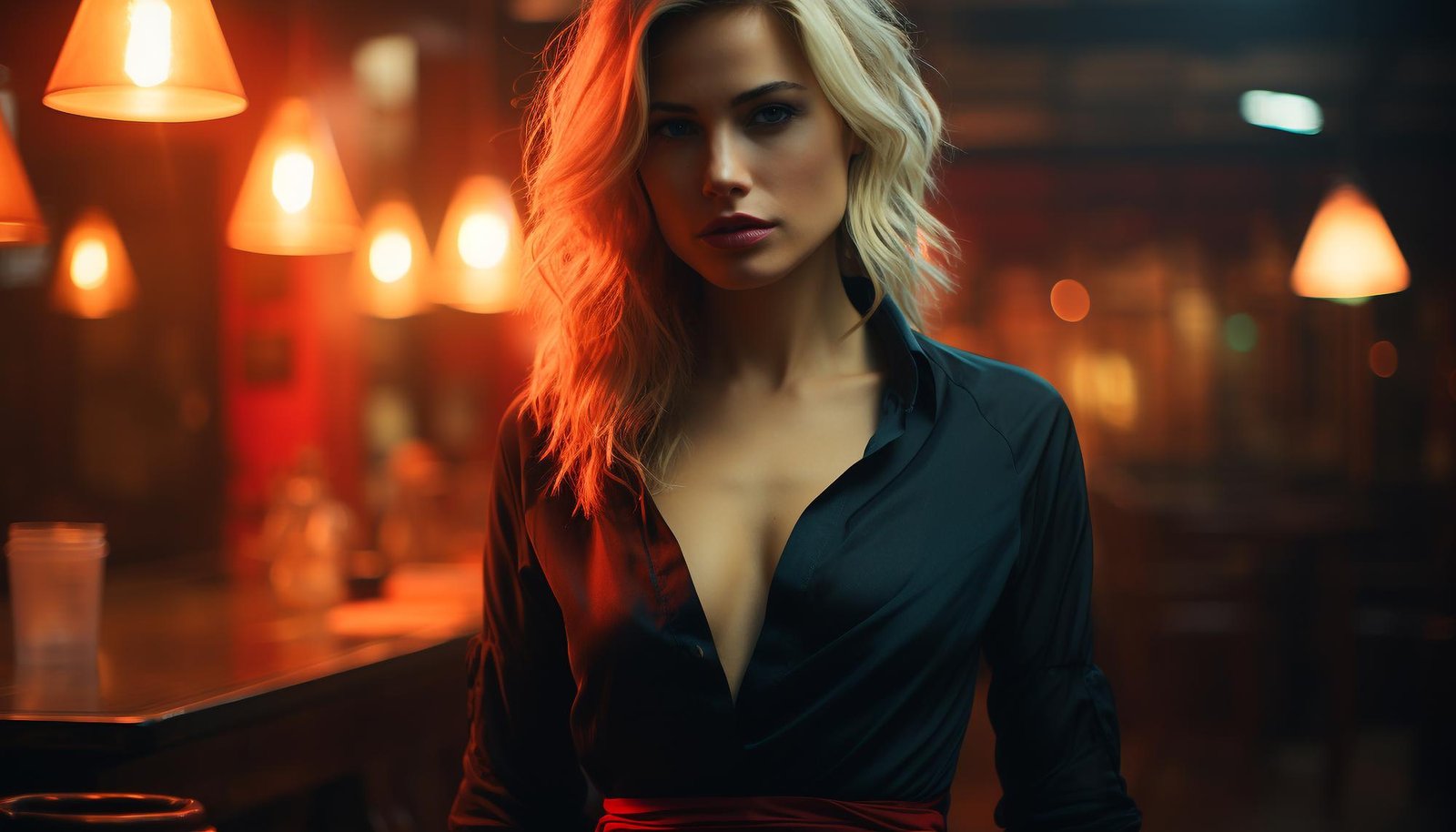In a world where artificial intelligence (AI) and technology continue to advance, it is not surprising that the fields of fashion and beauty are also affected. Recently, a new type of celebrity has emerged thanks to this technological advancement: virtual influencers created by generative AI systems. These fascinating digital avatars have taken social media by storm and have even signed impressive contracts. To celebrate these virtual personalities, the very first beauty contest for AI-generated influencers and virtual models has been announced: Miss AI.
The Miss AI Concept
Co-organized by the World AI Creator Awards and the Fanvue platform, which specializes in hosting virtual models and influencers, Miss AI is an international competition that seeks to highlight the most beautiful representatives created by artificial intelligence. Participants will be judged on their physical appearance, skills, and artistic talent, as well as their online popularity and influence on social media such as Instagram.
The Selection Criteria
Candidates for Miss AI must meet the following requirements:
- Be entirely created by generative AI systems
- Have an online presence and an audience on social media
The contest also considers the number of fan engagements and audience growth to assess each candidate’s social influence.
The Stakes of the Miss AI Contest
Miss AI raises several questions and debates about its impact on the fashion, beauty, and celebrity sectors. This competition is as intriguing as it is thought-provoking:
The Emergence of Virtual Influencers: A Threat to Human Models?
The growing popularity of virtual influencers may have an effect on the professional opportunities of human models. Indeed, some big names in fashion have already chosen to work with these digital avatars rather than with human beings. This could potentially create more competition in an already extremely competitive field.
Ethical and Social Implications
The emergence of these virtual influencers also raises ethical questions. Should people admire or support fictional characters created by artificial intelligence while so many human models and influencers need this same recognition to make a living? On the other hand, some believe that AIs allow for the promotion of innovative ideas and the dissemination of positive messages while avoiding the usual pitfalls of the celebrity world.

Successful Virtual Influencers
Despite the ongoing debate, some of these virtual influencers have managed to make their mark in the digital universe:
- Lil Miquela: with over three million followers on Instagram, Lil Miquela is considered one of the first virtual influencers. She is followed by a large audience for her avant-garde looks and her support for various social causes.
- Bermuda: created as an antagonist to Lil Miquela, Bermuda has ultimately developed her own personality. She addresses topics such as mental health and showcases fashion and beauty advice.
- Knox Frost: this male avatar also has a large fan base. However, he focuses more on environmental and climate issues rather than fashion-related themes. Nonetheless, he remains a leading contemporary figure in the world of virtual influencers.
It is undeniable that Miss AI will be a fascinating competition that will highlight not only the technological advancements of our time but also how they influence our perception of beauty, fashion, and celebrity. Whatever the outcome, we can expect to see even more virtual influencers conquering social media in the coming years.






